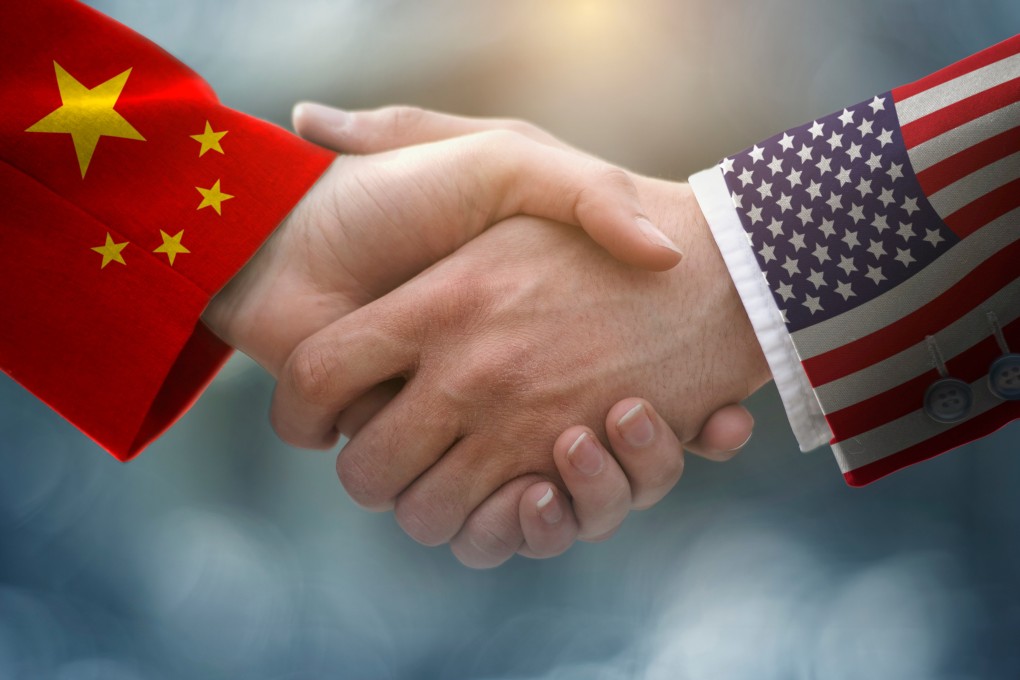Chubb CEO Evan Greenberg urges US businesses to stay engaged in China market
- Evan Greenberg says a full-scale decoupling is ‘an economic impossibility’ that would undermine US global competitiveness
- ‘I support the US vigorously defending and protecting its strategic interests, and I expect China to do exactly the same’

An American CEO has called for more business engagement with China and said a full-scale decoupling is “an economic impossibility”, while warning that the US should hold firm when it comes to national security threats and unfair trade practices.
Evan Greenberg, who runs Chubb, the world’s largest property and casualty insurer, delivered this message at the Centre for Strategic and International Studies in Washington on Tuesday, as deteriorating China-US relations have prompted calls for economic decoupling, especially in hi-tech sectors.
“I have detected rising levels of concern among the policy community about Americans’ competitiveness with China’s economic model. I do not share these anxieties,” said Greenberg, a former chairman of the US-China Business Council, which lobbies for more than 200 US companies that operate in China. He added that he believed America’s economic model would “outcompete” China.
Chubb will soon become the first foreign company to take majority ownership – an 86 per cent stake – in a Chinese property insurance business, when it adds to its ownership share of the Huatai Insurance Group.
Beijing has eased ownership barriers for banks, insurance companies and brokerage and asset management companies in recent years, in contrast to other industries such as telecommunications and internet companies. Washington has also introduced tighter regulations on Chinese telecoms, citing national security.
“I support the US vigorously defending and protecting its strategic interests, and I expect China to do exactly the same,” Greenberg said. “This is particularly true in advanced technologies, and especially those that involve national security.”
“The central question is not whether the United States should defend itself, but rather how it can do so most effectively,” he said.